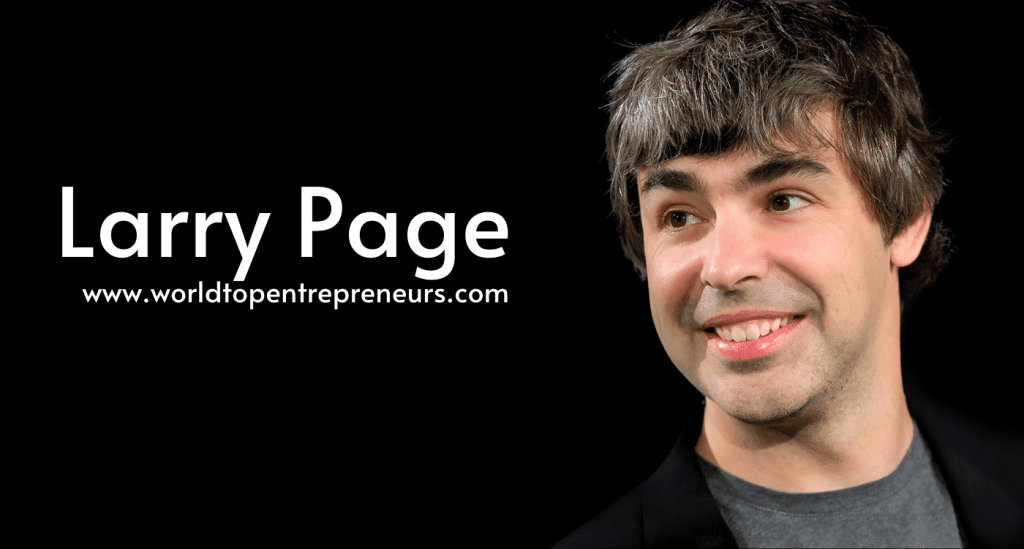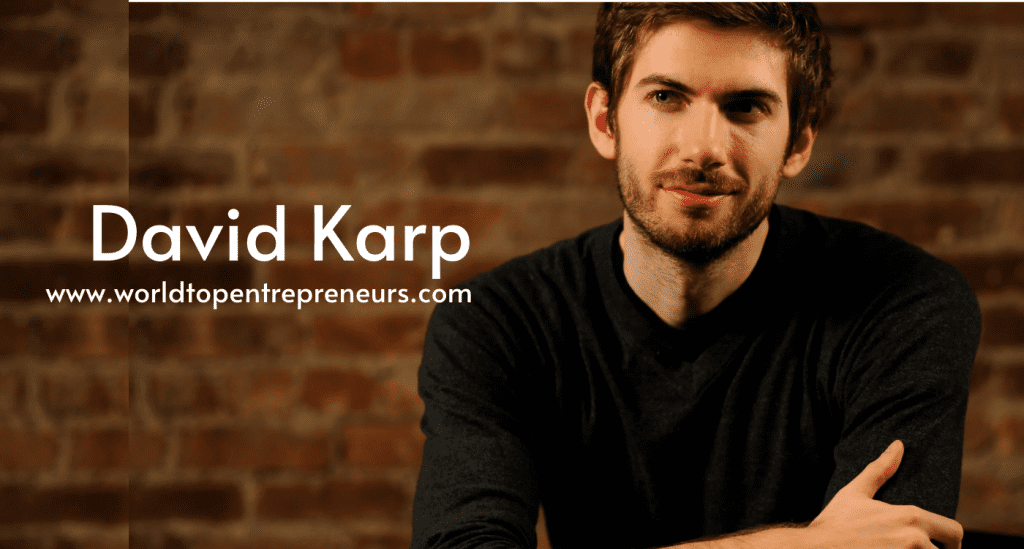In the realm of technology and innovation, few names resonate as profoundly as Larry Page, the co-founder of Google (now Alphabet Inc.). Larry Page’s journey from a curious child to a transformative leader in the tech industry is not just a tale of entrepreneurial success but also a story of relentless pursuit of innovation and shaping the future of information.
Early Years and Education
Lawrence Edward Page, famously known as Larry Page, was born on March 26, 1973, in East Lansing, Michigan. From an early age, Page exhibited a keen interest in technology and computers. His father, Carl Victor Page, was a pioneer in computer science and artificial intelligence, which likely influenced Larry’s fascination with the field.
Page’s academic journey was marked by exceptional achievements. He attended the University of Michigan for his bachelor’s degree in computer engineering, where his brilliance and passion for technology became evident. After completing his undergraduate studies, Page pursued a graduate degree at Stanford University, where he met Sergey Brin, his future collaborator and co-founder of Google.
The Birth of Google
The year 1998 marked a significant milestone in the history of the internet and technology with the founding of Google by Larry Page and Sergey Brin. What started as a research project at Stanford University quickly evolved into a global phenomenon that revolutionized how information is accessed and managed online.
Google’s foundational mission, as articulated by Page and Brin, was to organize the world’s information and make it universally accessible and useful. This ambitious goal not only guided Google’s product development but also set the stage for the company’s exponential growth and influence in the digital age.
Innovations and Impact
Under Larry Page’s leadership, Google introduced several groundbreaking innovations that redefined the landscape of internet services and technology. One of the most significant contributions was the development of the PageRank algorithm, which revolutionized web search by ranking websites based on their relevance and importance—a concept that laid the groundwork for Google Search’s unparalleled accuracy and efficiency.
Beyond search, Page championed the development of other transformative products and services, including Google Maps, Gmail, Android operating system, and Google Chrome browser. Each of these innovations not only enhanced Google’s market dominance but also enriched the digital experiences of billions of users worldwide.
Leadership Style and Philosophy
Larry Page’s approach to leadership is characterized by a unique blend of visionary thinking, technical acumen, and a relentless pursuit of innovation. As Google’s CEO, Page emphasized the importance of long-term thinking and tackling ambitious projects that have the potential to solve global challenges.
Page’s leadership philosophy also prioritizes empowering talented teams and fostering a culture of creativity and experimentation. His belief in the power of moonshot projects—audacious goals that push the boundaries of what’s possible—led to initiatives such as Google X (now X Development LLC), the company’s research and development facility dedicated to futuristic projects like self-driving cars and delivery drones.
Alphabet Inc. and Beyond
In 2015, Larry Page and Sergey Brin announced a significant restructuring of Google, forming Alphabet Inc. as Google’s parent company. This strategic move allowed Page to oversee a diverse portfolio of businesses and initiatives beyond the core internet services, including life sciences, venture capital investments, and urban innovation projects through Alphabet’s subsidiaries such as Verily, GV (formerly Google Ventures), and Sidewalk Labs.
As CEO of Alphabet Inc., Page continued to advocate for ambitious projects that align with the company’s mission of improving lives through technology. His tenure at Alphabet was marked by efforts to streamline operations, enhance transparency, and position the company for sustained growth and innovation in an increasingly competitive global market.
Personal Life and Philanthropy
Beyond his contributions to the tech industry, Larry Page is known for his commitment to philanthropy and environmental sustainability. Along with his wife, Lucy Southworth, Page established the Carl Victor Page Memorial Foundation in honor of his father, supporting various charitable causes related to education, health, and poverty alleviation.
Page’s philanthropic efforts also extend to environmental conservation and clean energy initiatives. He has invested in renewable energy projects and supported research aimed at addressing climate change—a testament to his belief in using technology for the greater good of society.
Legacy and Influence
Larry Page’s legacy extends far beyond his role as a co-founder of Google and CEO of Alphabet Inc. His visionary leadership, technical expertise, and commitment to innovation have left an indelible mark on the technology industry and global society at large.
Page’s influence can be seen in the way Google and Alphabet Inc. continue to shape the future of technology through advancements in artificial intelligence, cloud computing, and digital health. His emphasis on disruptive innovation and long-term thinking has inspired countless entrepreneurs and technologists to push the boundaries of what’s possible and create solutions to some of the world’s most pressing challenges.
Conclusion
In conclusion, Larry Page’s journey from a curious child fascinated by computers to a visionary leader who co-founded one of the most influential companies in history is a testament to the power of innovation and perseverance. Through Google and Alphabet Inc., Page has not only transformed the way we access information but also paved the way for a future where technology plays a central role in shaping a better world.
As we reflect on Larry Page’s contributions to technology and society, we are reminded of the importance of embracing bold ideas, fostering creativity, and harnessing the potential of technology for positive change. Larry Page’s legacy will continue to inspire generations of innovators to dream big, think differently, and create a future where anything is possible.





















